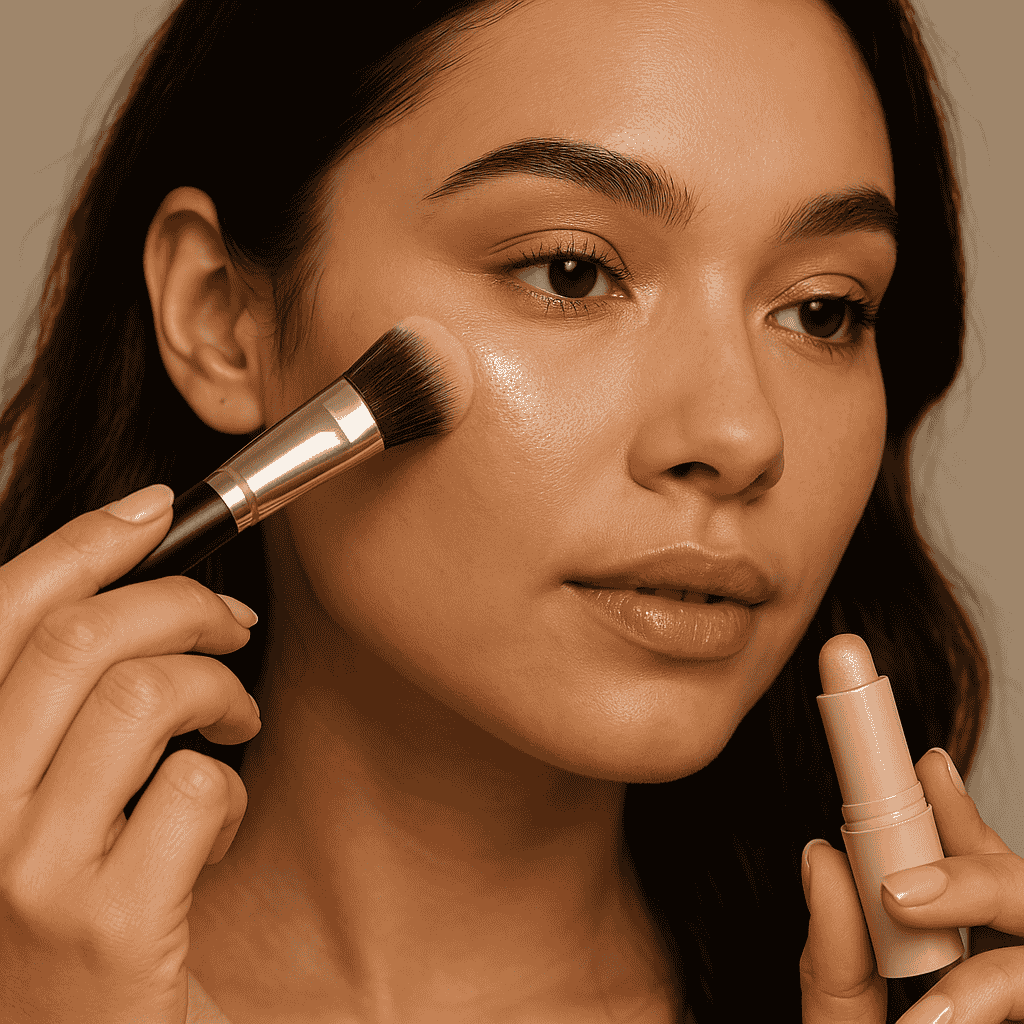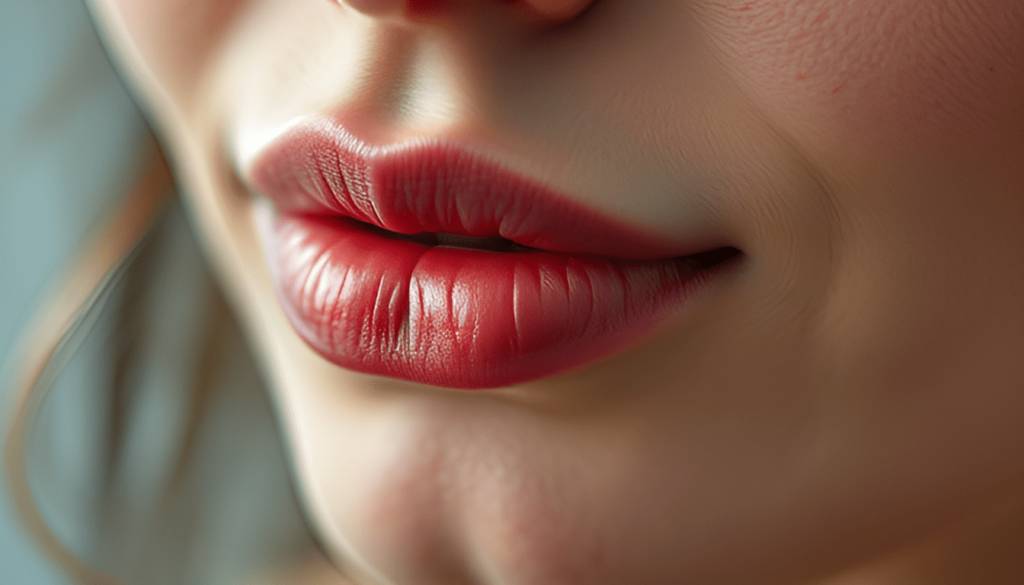Every girl dreams of having soft, hydrated, and glowing skin—but the secret isn’t just in your cleanser or makeup; it’s in the moisturizer you choose! Whether you have dry, oily, or combination skin, finding the right moisturizer is key to keeping your skin looking fresh, smooth, and radiant.
Why Is Moisturizing So Important?
Moisturizing is the foundation of a healthy skincare routine. It helps to lock in moisture, prevent dryness, and restore the skin’s natural barrier. But it doesn’t stop there. A good moisturizer also fights signs of aging, reduces inflammation, and provides your skin with vital nutrients. The key is choosing the one that works best for your skin type.
How to Choose the Right Moisturizer for Your Skin Type
- For Dry Skin: Opt for rich, creamy formulas that contain hydrating ingredients like shea butter, glycerin, and hyaluronic acid. These help to provide intense moisture, leaving your skin soft and plump.
- For Oily Skin: Look for lightweight, oil-free moisturizers that are non-comedogenic (meaning they won’t clog your pores). Gel-based formulas with ingredients like aloe vera and salicylic acid can hydrate without making your skin greasy.
- For Sensitive Skin: Choose moisturizers with soothing ingredients like chamomile, calendula, or oats. Fragrance-free formulas are also a great option to avoid irritation.
- For Combination Skin: A balanced, multi-benefit moisturizer works best. Look for a formula that’s hydrating yet light enough for the T-zone, while still providing enough nourishment for drier areas.
When Should You Moisturize?
Moisturizing should be part of your daily routine—morning and night. After cleansing your face, gently apply moisturizer while your skin is still slightly damp to lock in maximum hydration. Don’t forget to also moisturize your body, especially areas prone to dryness like elbows, knees, and feet.
Top Ingredients to Look For in Your Moisturizer
- Hyaluronic Acid: Naturally attracts moisture and helps skin retain hydration for a plump, youthful glow.
- Ceramides: Help restore the skin barrier and prevent moisture loss.
- Vitamin E: A powerful antioxidant that helps protect the skin from environmental stressors.
- Peptides: Support skin repair and reduce the appearance of fine lines.
- Niacinamide: Reduces redness, minimizes pores, and helps balance oily skin.
Common Mistakes to Avoid
- Not Moisturizing Enough: Skipping moisturizer, especially if you have oily skin, can actually lead to more oil production. Don’t skip this step!
- Using the Wrong Type: Make sure you’re using a moisturizer formulated for your skin type. A thick cream can overwhelm oily skin, while a gel formula might not be hydrating enough for dry skin.
- Over-Moisturizing: Too much moisturizer can lead to clogged pores and breakouts, so stick to the recommended amount for your skin.
Bonus Tip: Nighttime Moisturizing
Night time is when your skin does its most intensive repair. Use a thicker moisturizer or a nourishing night cream to allow your skin to absorb the active ingredients and rejuvenate overnight.
Final Thoughts: Embrace Your Glow
Moisturizing is the essential step in achieving healthy, glowing skin. By choosing the right products and creating a consistent routine, you’ll be one step closer to the smooth, radiant skin you’ve always wanted. Remember, glowing skin starts with hydration—so nourish your skin daily and let it shine!



